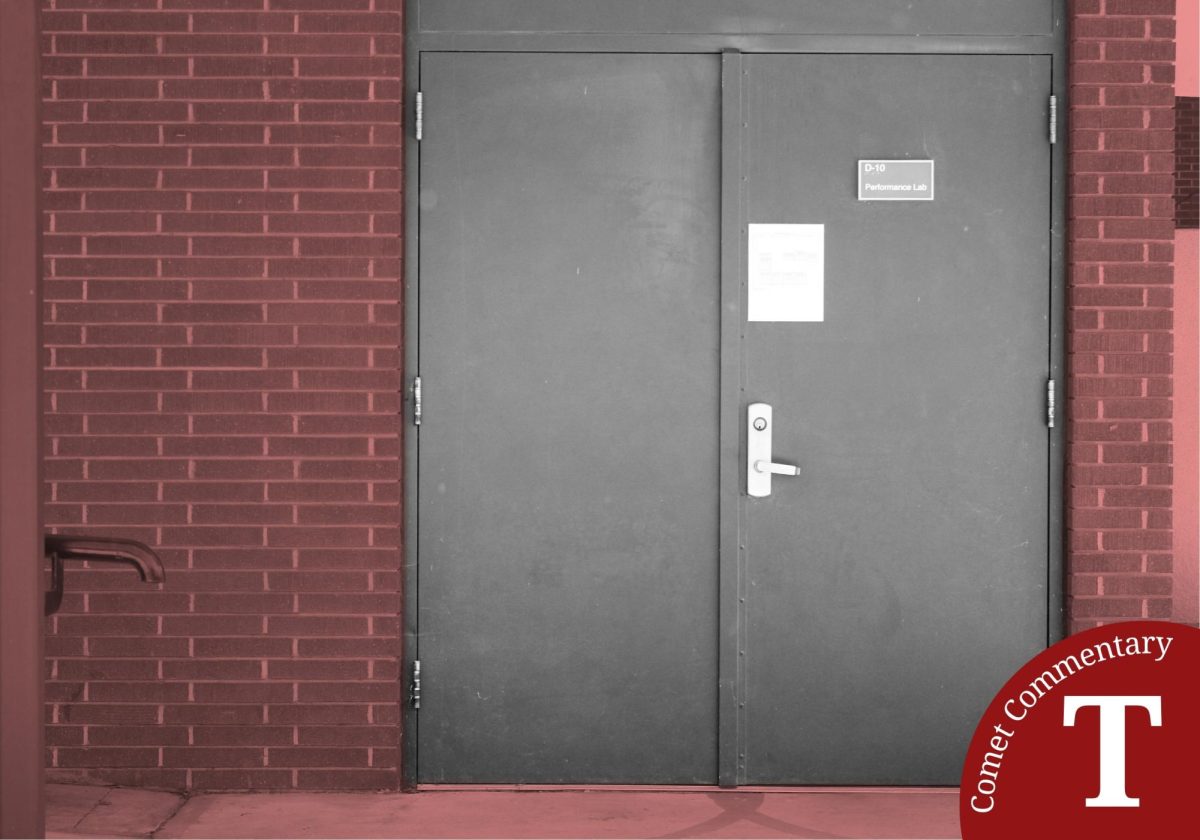The report of a student at California State University, San Marcos being raped in a parking lot in broad daylight in January proves that we need to enact harsher punishments to help decrease sexually violent crimes.
In California, a person convicted of rape can be sentenced to serve the minimum jail time for that crime: three years. In only three years time that criminal will be out on the streets again, possibly with the intent to commit the same crime that landed them in prison to begin with.
Or in Brock Turner’s case, six months. Turner is the man who was seen sexually penetrating an intoxicated and unconscious 22-year-old woman behind a dumpster at Stanford University. He was convicted on three charges of felony sexual assault that carried a potential 14 years in prison, prosecutors recommended six years and ultimately, he only served three months.
Jeremy Vague, the Uber driver who sexually assaulted a Palomar student and another woman, was recently sentenced to one year in jail and three years probation. Like Turner, Vague’s virtually clean criminal record also played into his short sentence.
The light sentences were not just an insult to each victim, they were an insult to victims of sexual assault everywhere and it sent this abhorrent message: a person found guilty of committing a sex crime could be privileged to a lighter sentence if they possess clean records.
Why does it seem like people who commit other offenses, such as anything dealing with drugs or weapons, spend a longer time in prison over those who commit the atrocities of sexual violence?
Rick Wershe, better known as “White Boy Rick,” was 17 when he was sentenced to life in 1987 for drug distribution and has since served 29 years behind bars.
Convicted under the now-obsolete “650-Lifer” Law, which “mandated a life sentence without parole for anyone found guilty of possessing, delivering or intending to deliver over 650 grams of cocaine or heroin.”
It is unjust that Wershe, who’s currently still in prison, has had to spend three decades in prison for a drug offense committed as a teen under the now-non existent law.
The possibility that someone convicted on non-sexual crimes can still be in prison while a rapist is free to roam the streets in as little as three years after having been sentenced is revolting.
The disgusting predators, who don’t have any remorse for their actions, don’t deserve a place in our society and should not be given a second chance at a normal life. The only thing they’re deserving of is a 6 by 8-foot room.
They should be the ones that have to spend most, if not all, of their lifetime in a prison cell over those whose convictions are nowhere near as horrible as rape. In 2013 the average sentence length for drug traffickers was 72 months, according to the United States Sentencing Commission.
Six years for a drug trafficker, yet only three months for that rapist Turner.
The consequences for breaking these laws should be more than a few years in jail, a minimum fine and name on a sex offender list because the way our society handles these cases now is not enough.
If the punishment for sexual crimes was more severe, having to serve decades in prison for rape, then maybe that would deter some of these criminals. While it might not deter every single person who’s contemplating rape, it might deter another situation like that of Turner: a person who see’s the opportunity to commit the crime but decides against it because they don’t want to go to prison.
California is heading in the right direction by implicating a new law, effective Jan. 1, requiring anybody guilty of sexually assaulting an intoxicated or unconscious person to serve mandatory prison time (AB 2888).
Until all states follow suit, the current consequences for sexual assault in our country won’t be enough to put an end to it.













